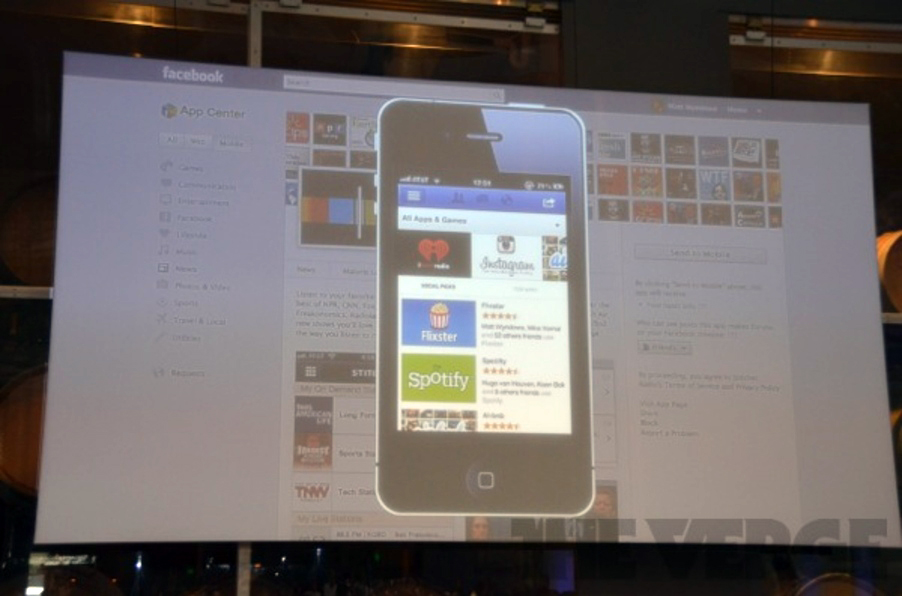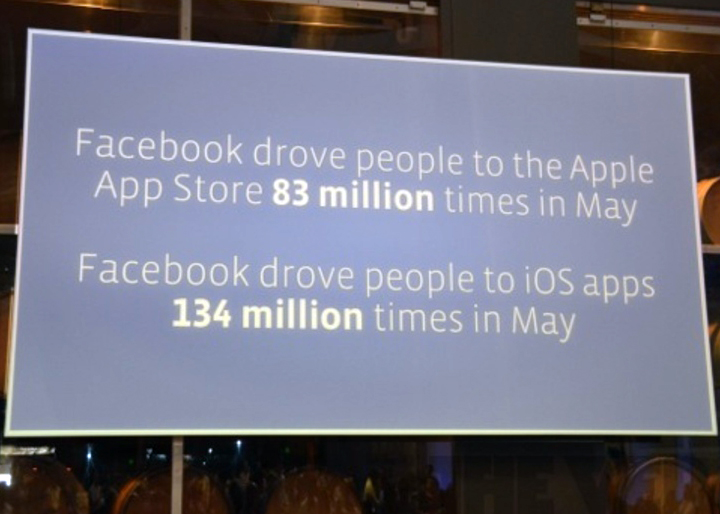God of War: Ascension, the sixth full entry in the God of War franchise, is a prequel to all previous games in the series. Never mind that, though, since these trailers are all about the action, slaying beasts and other heroes!
God of War: Ascension, the sixth full entry in the God of War franchise, is a prequel to all previous games in the series. Never mind that, though, since these trailers are all about the action, slaying beasts and other heroes!
To mark the release of The Last Laugh free DLC pack for DC Universe Online, SOE has presented a new trailer of some of the main voice actors for the content. Primarily this focuses on Mark Hamill as the Joker, but also included are Adam Baldwin as Superman, and Arleen Sorkin voicing Harley Quinn.
{video link marked as “private”}
Resident Evil: Retribution, the fifth movie in the current series, pits Alice against an Umbrella Corporation that is stronger than ever. Characters from the past reappear in spades in what, by all that is shown, is the most action packed Resident Evil film yet.
Facebook has unveiled App Center today: an “App Store” for iOS and Android that features both native and web apps that utilize Facebook integration in some way. The App Center features about 600 apps, and Facebook will offer personalized recommendations, presumably based on its social knowledge of each user. App Center will be featured prominently in mobile on iOS and Android, Facebook’s full desktop site, and on Facebook’s mobile site.

Facebook is adding a top-level “App Center” link to the lefthand sidebar of every desktop Facebook page. Once there, users can browse for apps in categories or search — and having found an app, they’ll see your standard screenshots and descriptions. On mobile, you can directly launch the appropriate app store for installation. From the desktop, you can click a “Send to mobile” button to get a link for installation as well.

It should go live for U.S. users at www.facebook.com/appcenter and within Facebook app updates soon.
Ubisoft is, at least, considering a Watch Dogs movie based around the theme of every computer being dangerously connected. Recently, they registered domains for WatchDogsmovie.com, WatchDogsthemovie.com, Watch-Dogsmovie.com and Watch-Dogsthemovie.com.
Watch Dogs was unveiled to positive press reception during their E3 2012 press conference and is scheduled to release in 2013 for PS3, PC and Xbox 360. While nothing is confirmed about any sort of Watch Dogs movie project, it would not be surprising if Ubisoft was already talking to studios to get the ball rolling on their hot new IP.
Source: Fusible.com
Microsoft revealed their Surface and RT tablets during an event in Los Angeles. Built on the Windows 8 architecture, they are designed to counter the growing popularity of Apple and Google OS tablets.
“We believe that any intersection between human and machine can be made better when all aspects of the experience — hardware and software — are considered and working together,” Microsoft CEO Steve Ballmer said at the invitation-only event here. “Today we want to add another bit of excitement to the Windows 8 story.”
“It raises the bar on how Microsoft executes on this because now Microsoft’s name is on it,” notes IDC analyst Al Hilwa. “They’ve got to get it right — they’ve got to really hit it out of the ballpark.”
Microsoft Surface will feature a 10.6-inch wide display with Gorilla Glass, its own stand, a full-size USB port, dual Wi-Fi antennae, a multitouch keyboard, a trackpad and come with either 64 gigabytes or 128 GB of storage. The tablet will only be about a half-inch thick, says Windows chief Steven Sinofsky.
“With Windows 1.0, we needed the mouse to complete the experience,” said Ballmer. “We wanted to give Windows 8 its own hardware innovation. Something new, different, a whole new family of computing devices from Microsoft.”
This comes at a key time for Microsoft, as Windows 8 is a touch-friendly operating system built around dynamic tiles that are supposed to work equally well on more traditional PCs and tablets. “There’s a lot of change coming in this version of Windows, some of it very exciting,” says Michael Cherry, analyst with the independent Directions on Microsoft research firm. “I think it’s going to take time to cope with the level of change that’s occurring.”
Worldwide tablet sales are forecast to rocket 54.4 percent to 107 million units this year compared with last, while the worldwide PC market is expected to grow just 5 percent to 383 million PCs shipments in 2012 compared with a year ago. IDC forecasts that by 2016 there will be 221 million tablets shipped worldwide, and 61 percent of those will be sold by Apple.
Apple also has over 225,000 apps on their side. “The bar is pretty high to outshine the iPad,” says Hilwa. “It’s going to be a tough act to follow.”
While Microsoft has relied upon licensing out their Windows OS in the past, these new tablets carry issues. “If (Microsoft is) successful, your licensees resent you [for competing with them],” Gartenberg says. “If you’re not successful, than you resent them. One way or another it’s a problem, like trying to play both sides.”
Of course, between Microsoft’s two different tablet versions and others running Intel chips out in stores, it may confuse customers. “Too many choices will overwhelm consumers,” says Forrester analyst Sarah Rotman Epps.
Microsoft has already incorporated the feel of Windows 8 in its products from Window Phone to Xbox. They could integrate the Kinect camera to tablets in an unusual twist — voice and motion controls.
“They could create some great synergy with Xbox,” says Hilwa.
Source: USA Today
Writer Neal Stephenson’s Kickstarter project has managed to rack up over $300,000. The project accumulated more than $150,000 during its first weekend after its announcement and is 60 percent of the way to his goal with a little less than three weeks to go.

The project, focusing on recreating realistic sword combat in a game, uses Sixense motion control technology. They are currently working with Razer in order to optimize the game using the Hydra controller.
Source: Kickstarter.com
Tencent has acquired a minority stake in Epic Games. The stock acquisition by the Chinese internet and mobile operator should not affect the day to day operations of the developer and middleware maker.
“We’ve developed a huge amount of respect for the Epic team for many years now, as dedicated players of Epic’s games and as licensees of Epic’s Unreal Engine technology. Epic’s deep commitment to quality across all of its games and technologies inspires us. They’ve been raising expectations in gaming for two decades now and they’re just getting started,” said David Wallerstein, SVP of Tencent. “We have a lot that we can learn from each other, and we look forward to supporting the Epic team as they embark on their next phase of gaming innovation across both emerging and familiar platforms.”
“Tencent’s investment will empower Epic to help us do even more of what we do best, which is making great games and game technology,” added Mike Capps, president of Epic. “Their expertise in the global online gaming market is second-to-none, and the opportunity to work with them to bring richer experiences to players all over the world is irresistible.”
Electronic Arts is focusing on $250 million over four years to connect its games across multiple devices. The company is developing ways to experience the same game across multiple platforms, because it knows the world is changing.
“We’re picking our way through what ‘digital transformation’ means,” says Peter Moore, COO at EA. “We recognized that we are standing on a burning platform. It’s an oil rig in the middle of the sea, and it’s exploding. You can stay or you can hold our noses and jump. At least that way, you have a shot.”
“The company has a vision and a mission, which we don’t talk a lot about externally, but you find it a lot when you go to the [EA] office,” he continued. “In broad terms, we talk about uniting through play, bringing people together through play. The mission is to build the world’s best digital playground with fun for everyone, anywhere, anytime. We think that the future of gaming is cross-platform play, always having something with you that’s a gaming device, but everything you do connects.”
“I have four or five games here that I play on the wireless network and it saves my data, it adds to my achievements or adds to my score and my place on the leader list,” he noted. “We think that is the future, if it’s not already the present. We’re building infrastructure and data services and all of the stuff you have to do to make all of that work, and we’ve been doing it for a number of years.”
When asked how you make experiences similar across social, mobile and console channels, he said, “The intention is not to say ‘I’m going to play 11 versus 11 on Facebook.’ This is what people may be misinterpreting. Already on your iPhone, you can play with your FIFA Ultimate Team and manipulate your starting lineup, and see what’s available.”
“Eventually you can actually make a player transaction. It saves to the cloud and then when you log in on your PC at work, they’re ready to play with a new starting lineup. Whatever the device is, what is that experience you can put on it that adds in aggregate to the whole idea It’s ‘horses for courses,” he noted. “It’s taken us a long time to build what we need to support that experience from a technical perspective. It has taken a lot of work.”
Of course, all of this makes business sense as well. “We like to think that if you’re connected to us 24 hours a day then the opportunity to make a buck is greater. People laugh at me, but I play Bejeweled Blitz at every opportunity I get. I love the competitive nature of it, I’ve probably spent 180 bucks of my own money on things that accelerate my performance. And it’s purely about getting up the leaderboard every week. I can spend five dollars right now with three clicks of this [cell phone] device,” described Moore. “I won’t use the accelerators until I’ve got home to my iPad later on tonight because I’m faster at playing the game on the iPad than the iPhone. We’re seeing more and more of that. We’re seeing hundreds of thousands of people every hour somehow transacting with us that way.”
So the next generation isn’t just about “The complexity is that you have to deliver the games not only on an Xbox 720 or a PS4, but you’d better have a SmartGlass solution, you’ve got an iPhone and tablet experience and you have to be able to do something on the PC with a special app. And you’d better have something that sits as a community layer like we do with Battlelog in Battlefield or Autolog in Need for Speed, that allows you to interact with fellow players.”
Source: Gamasutra
ProCloud Media is claiming that Paramount violated a development agreement. The Swedish development studio says that they paid $500,000 for the license for five films, with two more licenses coming with a further $500,000 being paid later on.
They said that Paramount agreed to pay 50 percent of the development costs of each game, with a total combined budget for all games being estimated at $8.75 million. However, the Paramount Digital Entertainment division’s head was fired shortly after the deal was struck and the division was quickly disolved, leaving them with little recourse.
ProCloud is claiming $10 million in damages, on charges of breach of contract and unjust enrichment.
Source: Courthouse News